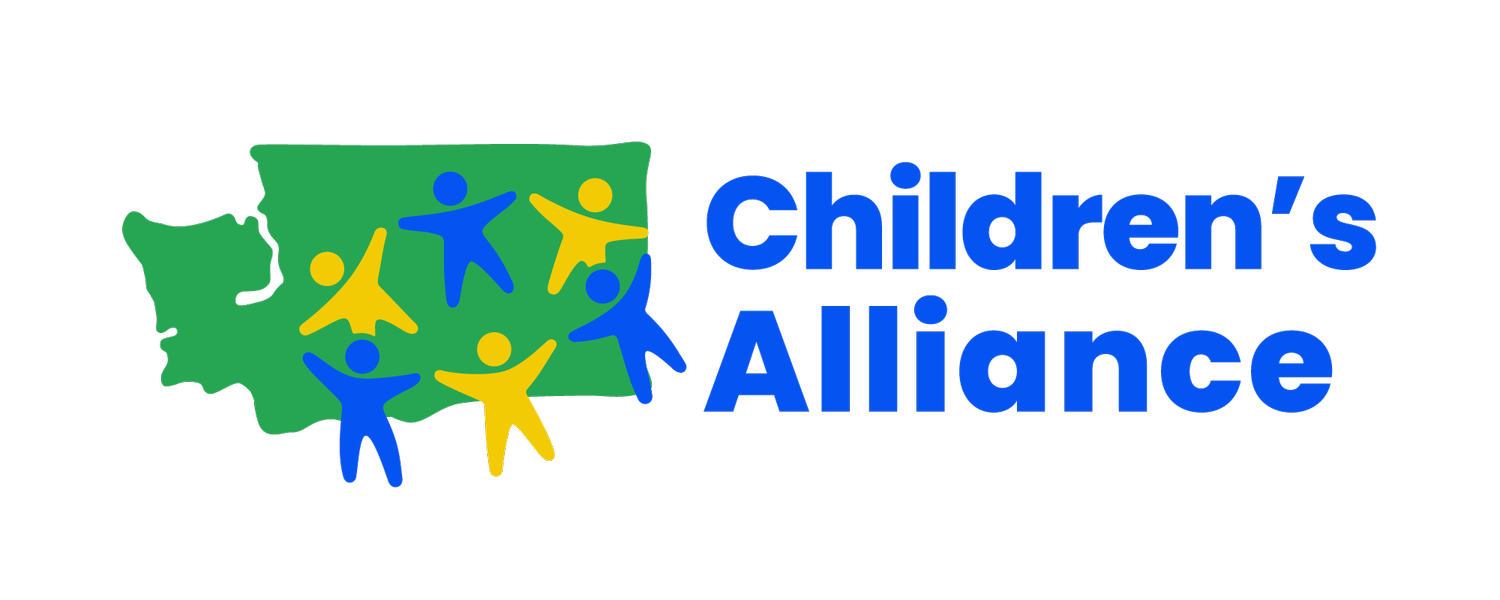THE 2022 LEGISLATIVE SESSION: EARLY LEARNING
What were the major achievements in early learning?
04/07/22
This year, our state legislature championed children and families by passing and funding Senate Bill 5793: this is a big win to address the equity gap in who has a voice at the table and who gets to help shape policies and programs that help Washington families thrive.
The legislature also enhanced supports for our early learning and childcare workforce by funding background checks and fingerprinting processing fees that newly hired child care workers must submit before going to work. The legislature’s support ensures educators and child care providers are in classrooms and meeting the needs of their communities.
We are incredibly grateful that the legislature added funding for the 2021 Fair Start for Kids Act, which will result in significant expansion for ECEAP and allocations to support enhanced rates for providers delivering high-quality early learning and child care. Included is funding for vital programs like infant and early mental health consultation and for the Family, Friend, and Neighbor caregiver program statewide. There’s also limited expansion for Transitional Kindergarten, to help more schools give children almost ready for K-12 a strong start.
What were the missed opportunities?
One missed opportunity was to use one-time funding for recruitment and retention of the early learning workforce. Many centers and programs are suffering from the workforce crisis—they are struggling to find ways to attract new hires and retain their current staff.
Ten days before the end of the legislative session, a Superior Court judge in Douglas County struck down the capital gains tax that the legislature had passed in 2021. The new tax is important for the early learning sector because it supports funding the for the Fair Start for Kids Act—tax revenue goes into the Education Legacy Trust Account, for K-12, quality pre-K and affordable child care. We need to continue to support revenue streams that uphold the Fair Start for Kids Act and uphold the promise to Washington’s families and children.
Why do these matter to kids and families in communities of color?
The legislature took solid steps to help support the child care sector. By increasing the Working Connections Child Care subsidy by 16 percent, the legislature better positioned child care centers to support their staff and continue to serve Washington’s young children—the most racially diverse generation in the state. And the passing of SB 5793 is a great step forward to closing the equity gap. By compensating people with lived experience to be on state agency workgroups and in meetings, we are taking the first step to ensuring that those with lived experience have a voice and are part of decision-making discussions.
